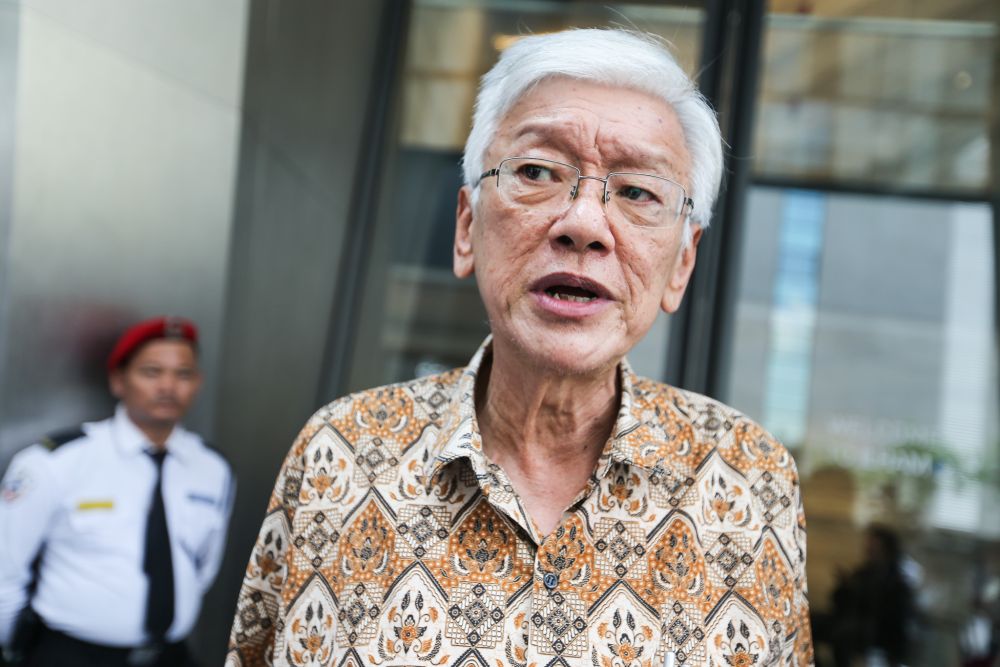KUALA LUMPUR, June 5 — Malaysia should assess its position in various trade agreement negotiations as it would have an impact on the prices of pharmaceutical items, the Consumer Association of Penang (CAP) said today.
Its honorary secretary Martin Khor told reporters that the Health Ministry was recently able to reduce the prices of a Hepatitis C medicine from RM300,000 to merely RM1,000, benefitting some 500,000 Malaysians who suffer from the illness.
Khor said if the government was to sign on a trade agreement, it must ensure such decision dubbed the “government order” can still be made.
“The reduction of price was about 99 per cent. The 500,000 patients have 95 per cent chance of being cured with this medicine, which was previously too expensive and unaffordable.
“So we must take note of what is happening in these trade agreements so that we don’t jeopardise the health of Malaysians and we can bring the cost of medicine down,” he said when met at Ilham Tower here.
Among the negotiations that Malaysia currently is a part of are the Comprehensive and Progressive Agreement for Trans-Pacific Partnership (CP-TPP) and Regional Comprehensive Economic Partnership (RCEP).
Khor noted that medicinal cost is often overlooked as one of the financial burden that troubled many Malaysians, especially those suffering from chronic illnesses like cancer and heart problems.
“A study has shown that three-quarters of Malaysians can’t afford to spend RM1000 if there is a medical emergency because they don’t have the money.
“That is why we have to bring the cost of medicine down,” he said.
This was one of the proposals mooted by CAP in a meeting with the Council of Eminent Persons today.
The group also stressed on how environmental well-being is important to avoid the government from incurring bigger economic burden through flood relief efforts.
“It is high time that we champion environmental issues together with economic issues because they go hand-in-hand.
“We have to control logging activities and overdevelopment in the hills, otherwise we will suffer economically. The government will then need to spend a lot of money to fix the situation,” he said, citing Sabah’s decision to ban logging as a good example.



















